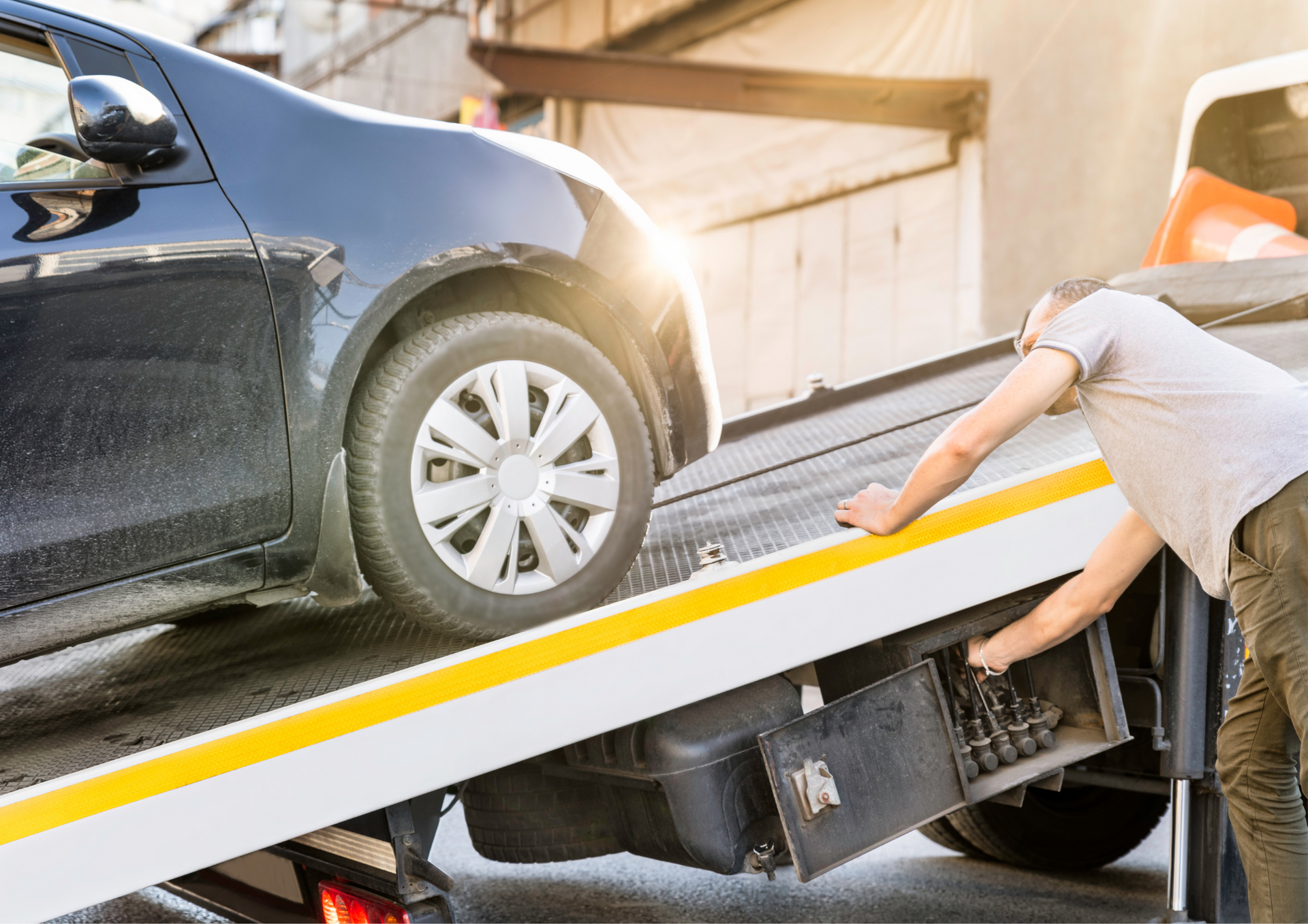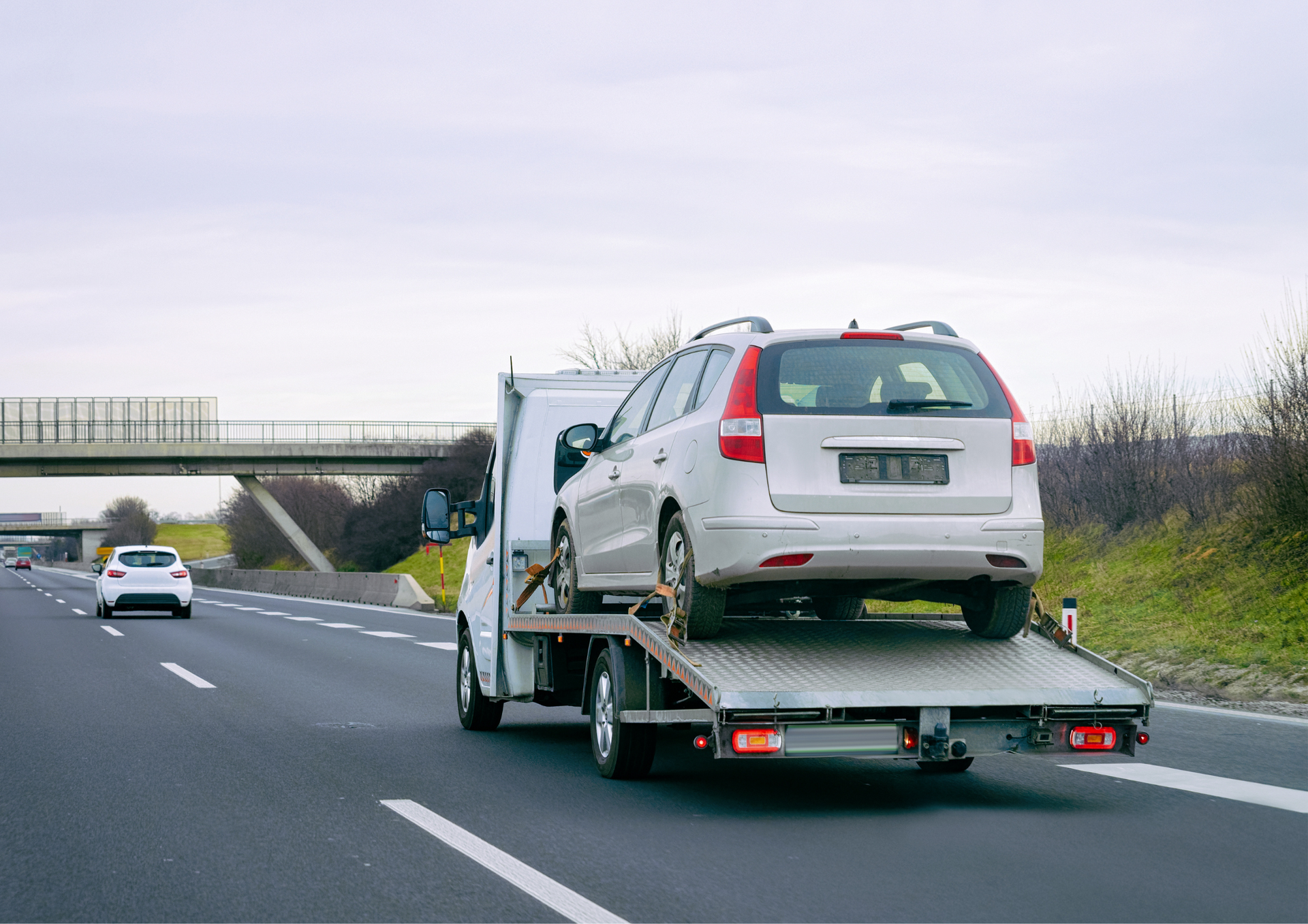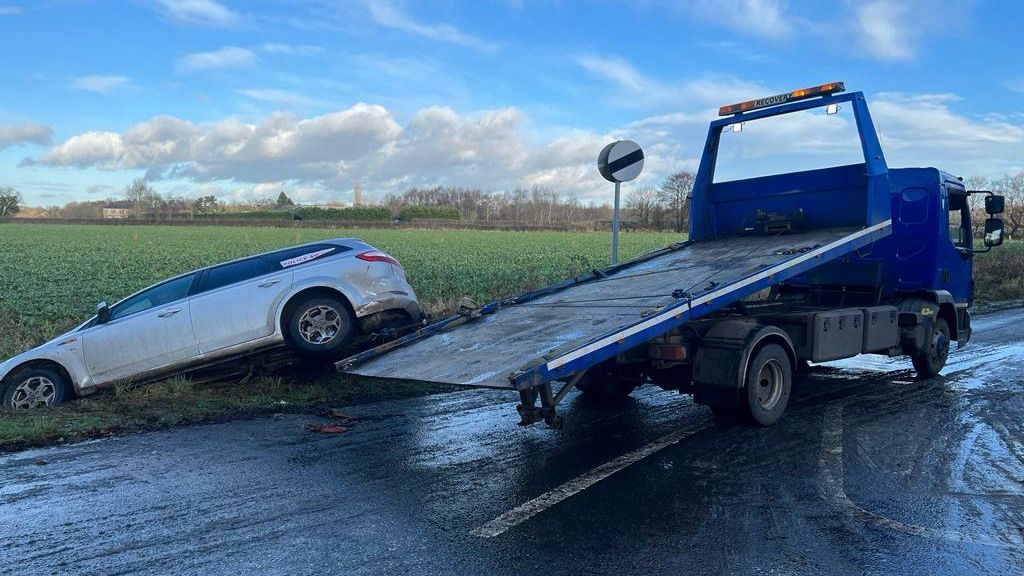How to Prepare Your Vehicle for Towing
When your vehicle breaks down or needs to be moved for any reason, knowing how to properly prepare it for towing is essential. Preparing your vehicle ensures the towing process is smooth, efficient, and helps avoid potential damage. Whether you're calling a professional towing service or moving the vehicle to a nearby garage, following these steps will help keep things safe and organised.
1. Check Your Vehicle's Condition
Before your vehicle is towed, take a few minutes to assess its current condition. Start by ensuring all tyres are properly inflated, as flat or under-inflated tyres can complicate the towing process. Check for any obvious fluid leaks under the vehicle, and if you spot any, notify the towing company beforehand. This simple inspection will help the towing service determine the best way to transport your vehicle safely.
2. Remove Personal Belongings
It's easy to forget about the personal items stored in your vehicle, but before towing, make sure you remove anything valuable. Items like electronics, important documents, or other personal belongings should be removed. This will prevent them from being damaged or misplaced during the vehicle towing process. It's always better to be safe than sorry when it comes to your valuables.
3. Ensure Proper Documentation
Having the right documents on hand is crucial. Make sure you have your vehicle's logbook, insurance information, and any other paperwork ready, as they might be needed by the towing company or the garage where the vehicle is being taken. These documents will also be helpful if there are any questions about ownership or insurance cover during the process.
4. Turn Off the Alarm System
An active alarm can be a major nuisance during towing. Before the tow truck arrives, make sure your vehicle's alarm system is turned off. A sudden alarm going off while the vehicle is being lifted or towed can cause delays and unnecessary frustration for both you and the towing operator.
5. Prepare for the Recovery Truck
Position your vehicle in a way that makes it easy for the recovery truck to access. Ideally, the vehicle should be parked in an open area where the tow truck can easily approach it from the front or back. Clear any obstacles around the vehicle, such as bins or other parked cars, to ensure the towing service has enough space to operate safely. If your vehicle is on the road, switch on the hazard lights to make sure other motorists are aware that the vehicle is out of action.
6. Take Photos for Your Records
Before the tow truck takes your vehicle, take a few pictures from different angles. This will document the vehicle's condition before it is towed, which could be important in case any disputes or claims arise later. These photos can be beneficial if the vehicle is damaged during transport or if you need to file an insurance claim.
7. Secure Loose Parts
Vehicles often have loose parts, such as aerials, mirrors, or spoilers, that could be damaged during the towing process. To avoid any issues, make sure these are secured or, if necessary, removed before towing begins. This reduces the risk of damage to your vehicle's exterior.
Preparing your vehicle for towing is about protecting your car and ensuring the towing service can operate efficiently. From checking the tyres and removing personal belongings to turning off the alarm and taking photos, these simple steps make the vehicle towing process smoother and reduce the likelihood of damage.
At Recovery Southampton, we understand that vehicle recovery can be stressful, which is why we prioritise professionalism and care in every job. Our experienced team ensures that your vehicle is handled with the utmost care, whether you're stuck on the motorway or need a local tow. With a strong reputation across Southampton, we offer fast, reliable towing services that you can trust. Whether you need a short-distance tow or a recovery from further afield, we provide peace of mind to motorists and vehicle owners alike.
Check our GBP update on how to prepare your vehicle for
car towing.
You might also like
Service Areas
Give us a CALL today!



